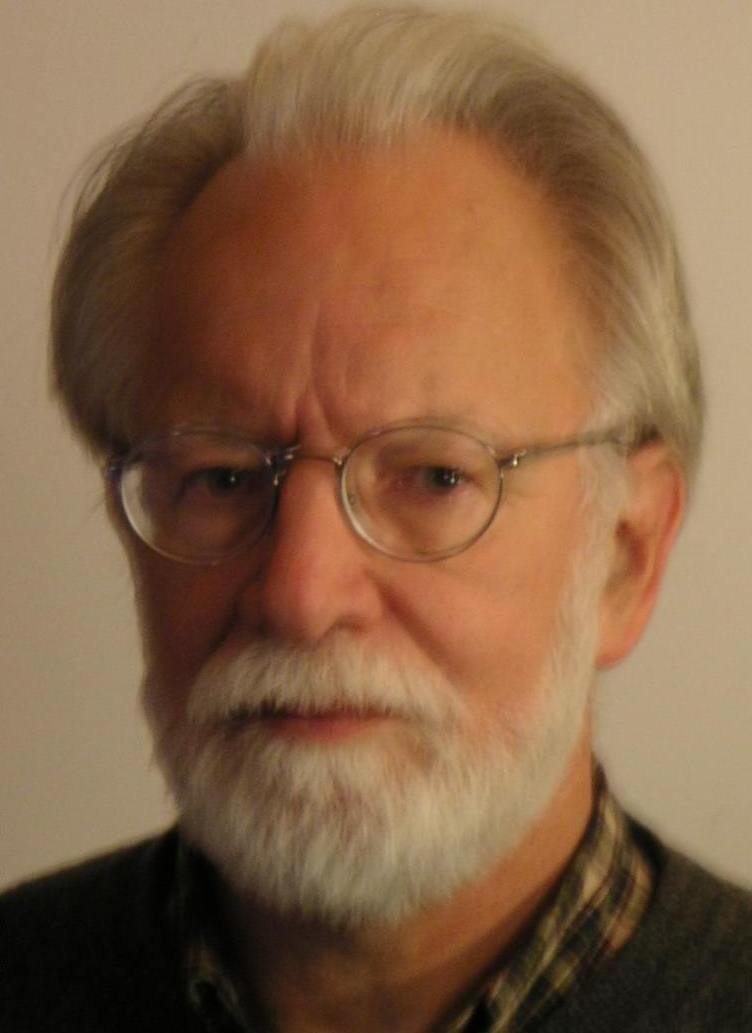Can Clocks Tell Time?
Year: 2008 Pages: 1
At past PIRT conferences, and elsewhere, I have asserted, that the usual arguments for time dilation, i.e., the twin paradox, contain an oversight that annihilates their conclusion. Inevitably, this has provoked the question: 'how then is the extension of the decay time of moving muons to be understood?' My response, that this effect can be understood as an effect of space-time perspective, was heard only with skepticism? And, indeed, my own researches into just how this effect can be understood better has led me to a more inclusive viewpoint, namely: while there is no such thing as kinematical time-dilation, there are obviously dynamical effects that objectively slow individual physical processes, e.g., pendulums depend on altitude, biological decay depends on temperature (e.g., in refrigerators). Perspective alone cannot account for everything. These local modifications of the tempo1 of processes, conned within a subunit of the universe, however, cannot be designated time dilation, anymore that can use of a refrigerator be considered to dilate time for the universe. 'Tempo' must be distinguished from an unalterable 'time,' in that the latter is given by the variable conjugate to the Hamiltonian of the universe and, therefore, unalterable from within the universe; whereas, the flow of sub-processes, or the rate of changes of state (tempo), in sub-volumes of the universe, can be altered at the expense of other portions of the universe. To say that time itself is dilated, would be to say that the flow of all processes in the whole universe has been slowed. Obviously, in this light, clocks tell tempo only of their own inner workings, i.e., for localized processes, as affected by local conditions (potentials) and cannot take account of the whole universe; they do not, therefore, tell 'time' per se. Muons, however, are thought to be decoupled from all external interaction; thus, they are said to spontaneously decay, without external triggering input. However, it is a common insight from Quantum Electrodynamics, that so called 'spontaneous decay' can be seen actually as decay stimulated by a vacuum mode. From this viewpoint, then, acceleration through the vacuum can be taken as a dynamical undertaking doing work on the inner processes of muons, which alters their tempo, analogous to extending biological decay in refrigerators. This effect, then, in addition to determination of an anisotropy of the cosmic microwave background, provides a physical and operationally practical means of distinguishing a privileged frame, namely that one in which muons have the shortest decaytime. As such, it provides additional support for a Lorentzian viewpoint on Special Relativity. 1 This term is taken from music, where it is instinctively recognized that the rapidity of the flow of a piece of music is gauged in terms of an unalterable, external and universal time flow.


